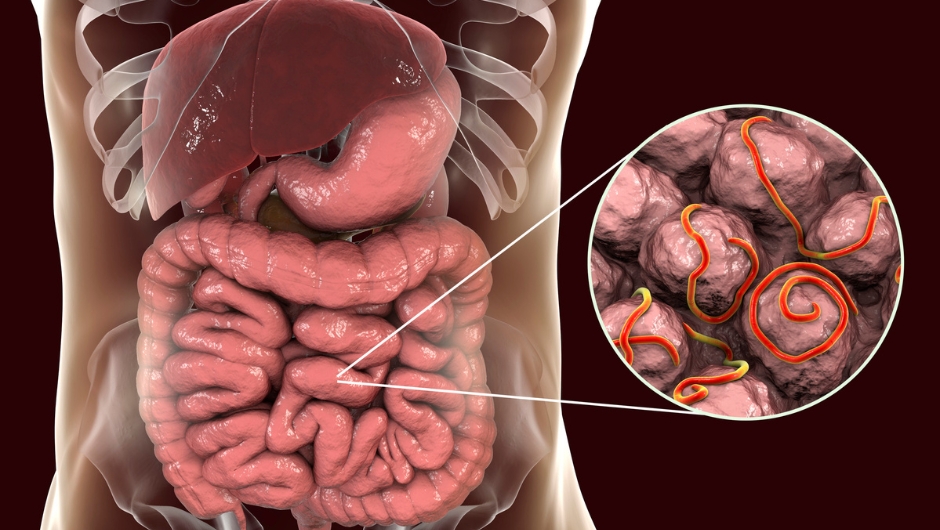5 Surprising Facts About Parasites

Parasites are often thought of as something that only affects people in certain parts of the world, but the truth is—they can silently affect anyone, anywhere. These tiny invaders can live in your digestive system, bloodstream, or other tissues, often without obvious symptoms. While many of us focus on diet, exercise, and supplements for health, hidden parasites can quietly undermine your efforts. Here’s what you need to know.
1. Parasites Can Hijack Your Nutrients
One of the most significant ways parasites affect your health is by stealing the nutrients you consume. Many parasites feed directly on vitamins, minerals, and other nutrients in your gut. This nutrient theft can leave you feeling constantly tired, mentally foggy, and weak, even if you’re eating a healthy, balanced diet. Over time, this can contribute to deficiencies in iron, vitamin B12, and other essential nutrients, potentially affecting your energy levels, cognitive function, and overall health.
2. They Disrupt Gut Health and Immunity
Parasites don’t just consume nutrients—they can also damage the lining of your intestines. The intestinal lining is critical for proper digestion and nutrient absorption. When parasites compromise this barrier, your gut becomes more permeable, sometimes referred to as “leaky gut,” which allows toxins and partially digested food particles to enter the bloodstream.
Additionally, parasites disrupt the balance of your gut microbiome—the community of good bacteria essential for digestion and immunity. A compromised gut microbiome can weaken your immune system, making it harder for your body to fight infections and inflammation. In short, a parasite-friendly gut is a toxic playground for these invaders.
3. Cravings Might Be Driven by Parasites
Have you ever wondered why sugar cravings hit so hard? Interestingly, certain parasites can influence your appetite and cravings to get the food they need to survive. They tend to thrive on sugar and processed foods, and some studies suggest that parasites can even affect the signals in your brain to drive you toward eating these foods.
This means that your “need” for sweets or junk food might not be entirely your own—it could be your body reacting to an invader feeding off your diet. Recognizing these unusual cravings can be an important step in identifying a possible parasite infection.
4. Parasites Release Toxic Waste
As parasites live, reproduce, and eventually die inside your body, they release toxic byproducts. These include neurotoxins and other metabolic wastes that your body has to process. The accumulation of these toxins can contribute to a wide range of symptoms, such as:
- Brain fog and difficulty concentrating
- Fatigue and low energy
- Skin problems like acne, rashes, or eczema
- Digestive discomfort, including bloating, gas, or irregular bowel movements
These symptoms are often subtle and can be mistakenly attributed to stress, poor diet, or lifestyle, making parasite infections difficult to detect without proper evaluation.
5. Detoxing Can Reveal Hidden Parasites
A well-designed detox or cleanse doesn’t just flush out environmental toxins—it can also help dislodge parasites from their hiding places. During detoxification, you may notice temporary symptoms such as bloating, fatigue, skin breakouts, or changes in bowel movements. These reactions often indicate that parasites are being disturbed and eliminated from the body.
Many of my patients have experienced visible signs of parasites and mucoid plaque during detox programs, highlighting just how hidden these invaders can be. Regular cleansing, combined with proper nutrition and lifestyle support, can help reduce parasite loads, restore gut health, and improve overall well-being.